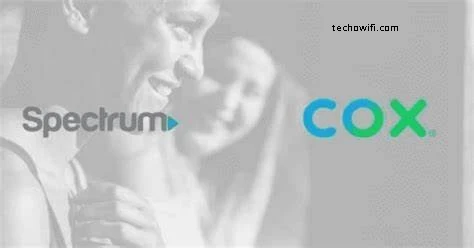In a transformative move set to redefine the U.S. cable landscape, Charter Communications and Cox Communications have announced a monumental $34.5 billion merger. This strategic alliance aims to consolidate resources, expand broadband services, and counter the growing dominance of streaming platforms. With a combined customer base exceeding 37 million across 48 states, the merger positions the new entity as a formidable force in the telecommunications sector. As traditional cable grapples with declining subscriptions, this merger could signal a pivotal shift towards integrated digital solutions, promising enhanced services and competitive pricing for consumers nationwide.
Charter and Cox Unite in $34.5 Billion Deal
Charter Communications, operating under the Spectrum brand, and Cox Communications have agreed to merge in a deal valued at $34.5 billion, including debt. This merger combines Charter's 31.4 million customers with Cox's 6.3 million, creating a cable and broadband powerhouse serving over 37 million customers across 48 states. The combined entity will be headquartered in Stamford, Connecticut, and will adopt the Cox Communications name within a year, while continuing to offer consumer services under the Spectrum brand. Charter CEO Chris Winfrey will lead the merged company, with Cox CEO Alex Taylor serving as chairman.
The merger is primarily a stock transaction, with Cox Enterprises receiving $4 billion in cash and a 23% stake in the combined company. The deal also includes the acquisition of Cox's commercial fiber, managed IT, and cloud businesses, enhancing Charter's enterprise offerings.
Strategic Response to Industry Challenges
The cable industry has been under pressure from the rise of streaming services and mobile internet providers, leading to a decline in traditional cable subscriptions. This merger is a strategic response to these challenges, aiming to bolster competitiveness, drive innovation, and achieve operational efficiencies. Analysts anticipate annual cost savings of $500 million within three years, as the combined company leverages economies of scale and complementary services.
Regulatory approval is required for the merger, but it is expected to proceed smoothly due to minimal market overlap between the two companies. The merger also aligns with current political and economic priorities, emphasizing job repatriation and political neutrality, which may facilitate regulatory clearance.
In conclusion, the Charter-Cox merger represents a significant consolidation in the U.S. cable industry, aiming to create a more robust and competitive entity capable of meeting the evolving demands of consumers. By uniting resources and expanding service offerings, the combined company seeks to counter the challenges posed by streaming services and mobile internet providers. As the industry continues to evolve, this merger could set a precedent for future consolidations, shaping the future of telecommunications in the United States.
Frequently Asked Questions:
Q: What is the value of the Charter-Cox merger?
The merger is valued at $34.5 billion, including debt.
2. How many customers will the combined company serve?
The merged entity will serve over 37 million customers across 48 states.
3. Will the Spectrum brand continue post-merger?
Yes, consumer services will continue under the Spectrum brand.
4. Who will lead the combined company?
Charter CEO Chris Winfrey will serve as CEO, and Cox CEO Alex Taylor will become chairman.
5. What are the anticipated benefits of the merger?
The merger aims to enhance competitiveness, drive innovation, and achieve operational efficiencies, with projected annual cost savings of $500 million within three years.






0 Comments